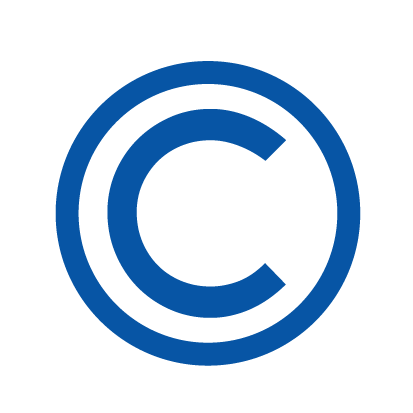Codes & Standards - Purchase
Z223.1-M1977 (R1999)
Method for the Determination of Particulate Mass Flows in Enclosed Gas Streams
SKU: 2412373
Published by CSA Group
Publication Year 1977
Reaffirmed in 1999
70 pages
Withdrawn
Product Details
Scope
1.1.1
This Standard describes test procedures and equipment which will permit accurate and reproducible determination of the particulate mass flows in enclosed gas streams. It is intended for use both before and after gas cleaning equipment (performance testing) or prior to emission of the gas stream into t he atmosphere.
Note. It is recommended that the testing procedures in this Standard be undertaken by trained and experienced personnel in air pollution control work as noted in Appendix A.
1.1.2
This Standard may be used as a basis for evaluating modified sampling procedures.
Note: One such modification is the in-duct filtration method described in Appendix C.
1.2 Limitations
1.2.1
It is recognized that there will be many processes and situations which may limit the application of this test procedure. Specifically, caution must be exercised when dealing with any of the following:
(a) Corrosive or highly reactive components;
(b) High vacuum or pressure; or
(c) High temperature flows.
1.2.2 Complications may arise in processes where the following conditions are encountered:
(a) High moisture content streams;
(b) Low velocity flows;
(c) Small duct cross-sections (less than 0.02 m² (0.2 ft²));
(d) Complex flow patterns due to inadequate lengths of straight pipe before or after the sampling station; or
(e) Fluctuations in velocity, particulate loading and temperature, due to uncontrollable process variations.
Note: Guidelines for testing under such non-standard conditions are given in Appendix B.
1.1.1
This Standard describes test procedures and equipment which will permit accurate and reproducible determination of the particulate mass flows in enclosed gas streams. It is intended for use both before and after gas cleaning equipment (performance testing) or prior to emission of the gas stream into t he atmosphere.
Note. It is recommended that the testing procedures in this Standard be undertaken by trained and experienced personnel in air pollution control work as noted in Appendix A.
1.1.2
This Standard may be used as a basis for evaluating modified sampling procedures.
Note: One such modification is the in-duct filtration method described in Appendix C.
1.2 Limitations
1.2.1
It is recognized that there will be many processes and situations which may limit the application of this test procedure. Specifically, caution must be exercised when dealing with any of the following:
(a) Corrosive or highly reactive components;
(b) High vacuum or pressure; or
(c) High temperature flows.
1.2.2 Complications may arise in processes where the following conditions are encountered:
(a) High moisture content streams;
(b) Low velocity flows;
(c) Small duct cross-sections (less than 0.02 m² (0.2 ft²));
(d) Complex flow patterns due to inadequate lengths of straight pipe before or after the sampling station; or
(e) Fluctuations in velocity, particulate loading and temperature, due to uncontrollable process variations.
Note: Guidelines for testing under such non-standard conditions are given in Appendix B.


 Request Copyright Permissions
Request Copyright Permissions